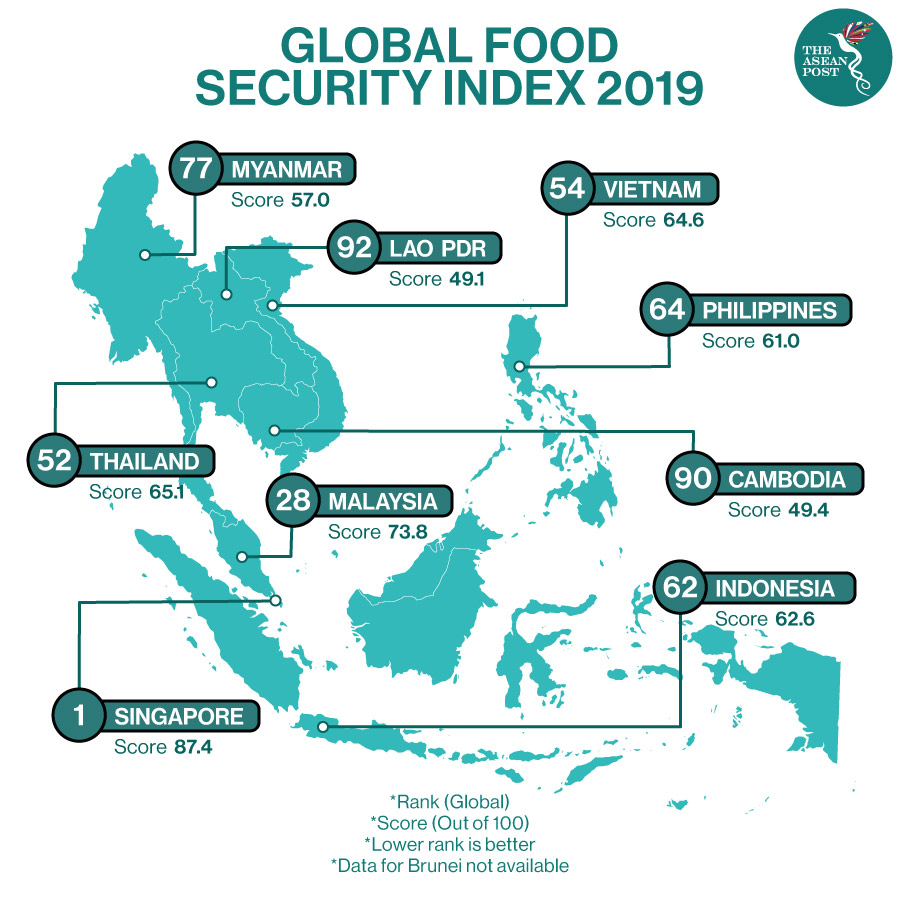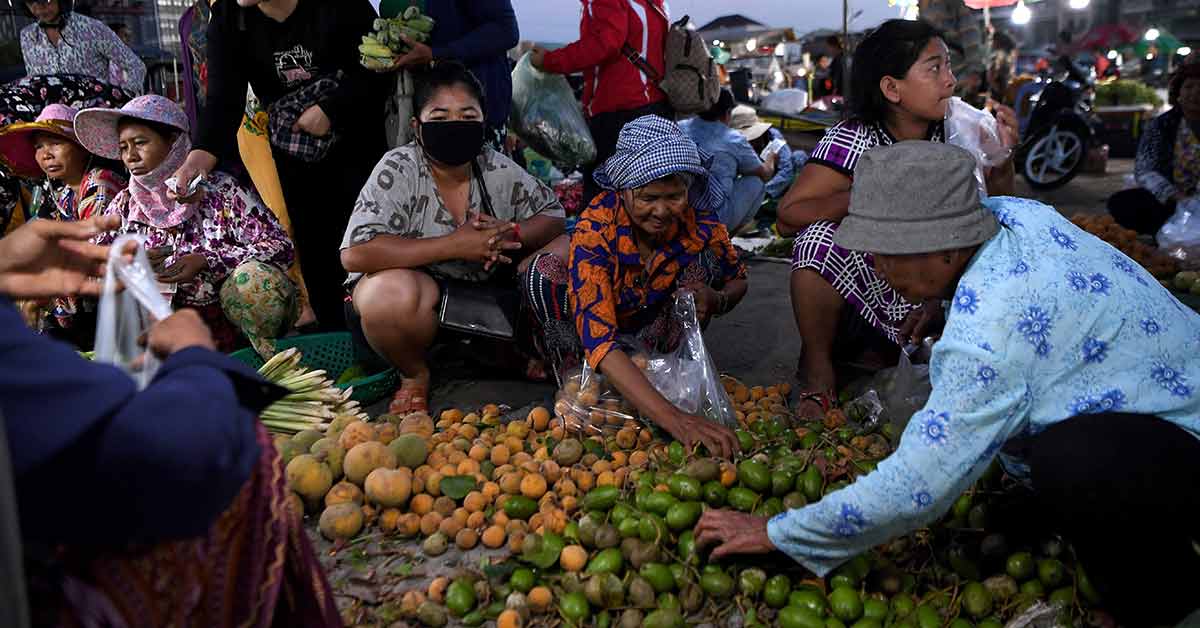The coronavirus crisis has severely affected livelihoods, local industries and the economy in general. It has also disrupted world trade, supply chains and also the production of food and agricultural products and commodities. According to Samarendu Mohanty, Asia Regional Director at the International Potato Center, the production of wheat and rice in Asia would be heavily impacted if lockdowns to curb the pandemic and virus restrictions continue to be enforced.
“If the situation lets up by the end of the month, we will still be okay to get in our normal planting. But the monsoon season where the most rice is normally produced is from mid-May to early July, so if we do not get the rice planted by then, we’ll see ripple effects start,” Mohanty explained to the media last April.
Some of the likely effects would include food supply shortages, leading to a full-blown food crisis.
OneWorld Foundation India, an organisation that works in the field of Information and Communication Technologies (ICTs) for social and sustainable development, recently released a publication which discusses the possibility of a food crisis in Cambodia due to the COVID-19 pandemic.

The article stated that an estimated 70 percent of Cambodia’s farmers engage in subsistence agriculture by primarily taking loans and repaying them after the harvest season.
The agriculture sector in Cambodia is reported to be responsible for the generation of more than 20 percent of the country’s gross domestic product (GDP) and employs around 30 percent of the population. Over the past 30 years, the ASEAN member state has grown its economy by 7.5 percent on average, reducing the poverty rate from around 50 percent to 10 percent of the population. But like other countries around the world, the pandemic is threatening not only the health of its citizens but also Cambodia’s economy. The COVID-19 pandemic has contributed to a rise in unemployment and loss of sources of income, especially for informal workers. This makes it harder for them to repay their loans and many are buried in great debt.
“After the Mekong River crisis, around 45,000 hectares of rice farms were damaged creating a debt crisis for poor farmers. Consumers on the other side of the spectrum have been hit hard by a lack of food supplies, rise in prices of staple foods and a halt in income due to COVID-19,” noted the organisation.
Other than that, the presence of Chinese dams and the effects of climate change along the Mekong basin have caused drought-like conditions leading to poverty and food insecurity in the country. This has impacted both, farmers growing rice on their fields and also fishermen, who have reported a drop in fish volume by as much as 60 to 70 percent.
The World Food Programme (WFP) has stated that 79 percent of the Cambodian population lives in rural areas and they are on the “front-line of a changing climate”. Floods and droughts frequently threaten the food system and will only increase in frequency and intensify in the future.
Cambodia will face a two-pronged attack on its food security, according to OneWorld Foundation India. The first one is a slowdown in its supply-side activities as COVID-19 preventive measures have subsequently caused a shortage of labour for the agriculture sector. Coupled with the drought problem in the region, the situation seems dire. This would inherently affect income equalities and food supply chains for the larger public.
Secondly, it was reported that prices of staple foods in Cambodia have increased recently. As many have lost their jobs due to the economic shocks of the pandemic – this will impact the demand of food items such as rice and fish as buyers are less able to afford them.
“As countries strive to be more self-sufficient and reduce import-dependency by promoting local supply chains, the Mekong River Basin could be heading towards post-COVID-19 food insecurity.”
The International Fund For Agricultural Development (IFAD), a specialised agency of the United Nations (UN) that works to address poverty and hunger in rural areas of developing countries, said that together with the government of Cambodia, it is working to expand prospects for smallholder farmers through “enhanced production support and through focusing on the appropriate value chains and commodities to ensure adequate food production and dietary diversity.”
The Agricultural Services Programme for Innovation, Resilience and Extension (ASPIRE) project, led by Cambodia’s Ministry of Agriculture, Forestry and Fisheries (MAFF), is reported to be focusing on maintaining the production of green leafy vegetables and chicken eggs as key components of the local diet. Whereas the Ministry of Commerce (MOC)-led Accelerating Inclusive Markets for Smallholders (AIMS) project is reorienting some of its resources to provide on-farm irrigation assistance to farmers to support their production of commodities.
Related Articles:
